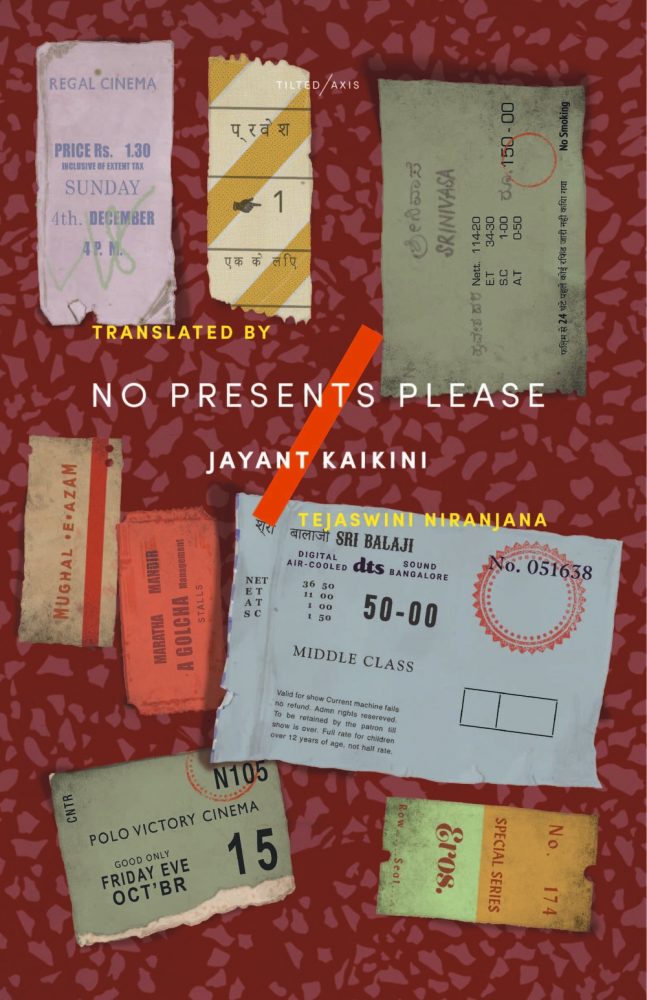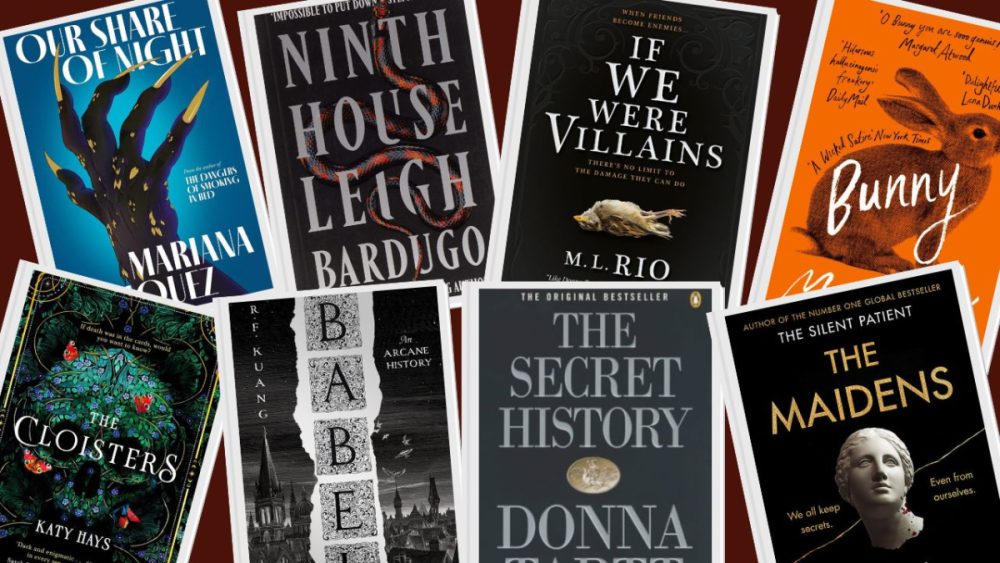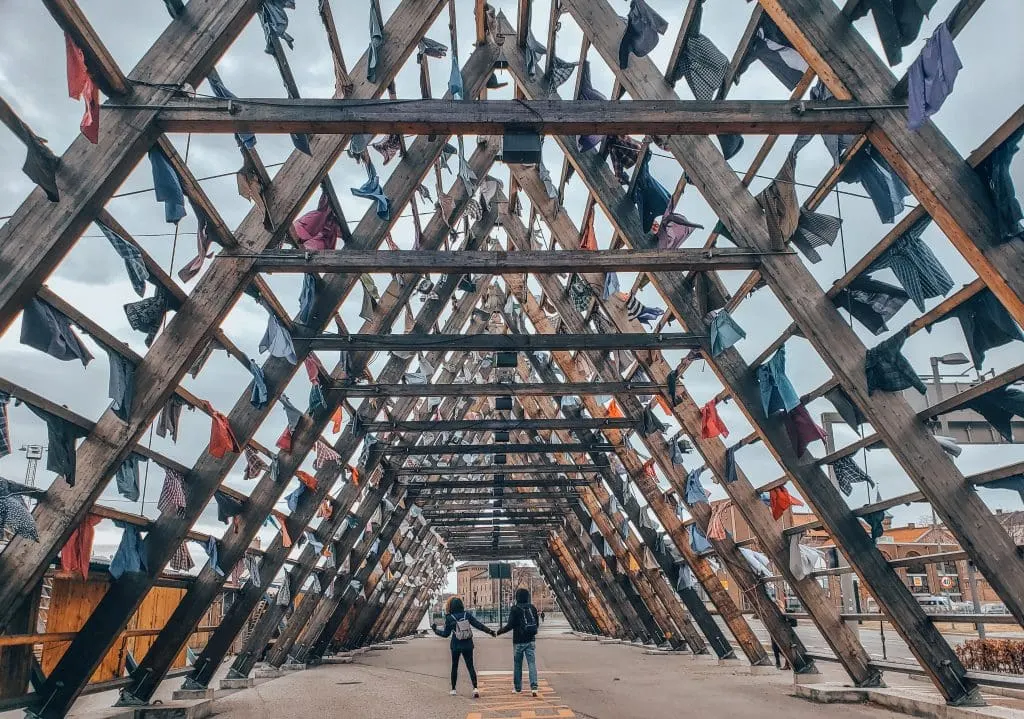Why should we read more translated literature? To answer this, we quickly need to discuss why we read literature at all. For those of us who only ‘read for pleasure’, asking this question can take some of the fun out of it but it’s worth taking a step back once in a while.
In fact, even asking the question, “Why read for pleasure?” can be useful, and I’d wager the most obvious and frequent answer is escapism. Reading allows us to escape into worlds and stories and lives and scenarios that we would otherwise never get to experience. And doing so through a book rather than a film or a video game has the added benefit of blending said world and story with the reader’s own imagination.
The book gives you the lines, and your imagination is tasked with shading it in and adding the colour. In that sense, every reader’s journey will be unique to their own imagination.
Read more: How to Read More Books (And Faster)
Reading More Translated Literature
We also read to learn something new. And this certainly isn’t only relegated to non-fiction.In fact, studies have proven that reading literature increases our capacity for empathy. We have the potential to become kinder, more patient, and more inquisitive through our reading of good books.
This is, obviously, all great news. So then, why is translated literature so special? Why should we be reading more of that, specifically? There are a lot of answers to this question, so let’s start with the most enticing: exploring the unknown.
Reading translated literature does not simply mean reading books that have been translated into English. It means gaining access to the stories, culture, traditions, lands, philosophies, politics, and methods of storytelling from far-flung nations.
Many of us grow up yearning to explore other places. To see mountains and rivers far from our own; to meet people with different backgrounds and experiences; to understand the arts and histories of places we’ve never seen. Gaining access to their literature grants us all of that and more.

Reading a story by Yasunari Kawabata allows us to explore the awe-inspiring natural landscape of Japan without ever setting foot there. Reading the tales of Yan Lianke give us secret access to the political and social struggles of the poorest people in rural China – people whom we may never meet and speak to ourselves.
These authors, and countless others, bleed their love and their contempt for their nations onto the page for us to lose ourselves in, enjoy, and learn from. Ultimately, reading translated literature allows us to travel across the vast world, and to fall deep through history, without ever leaving the library.
This all sounds overly romantic, but that makes it no less true. And it goes beyond this. Seeing the landscapes and histories of a place is only the beginning. It only goes as deep as the story itself. But novels are not only stories – they are also their authors and their inspirations.
The more translated literature you read, the more you will notice different ways of telling stories. We all have our reasons for writing, our rules of storytelling, our tropes and genres. But other cultures have different reasons, different rules and methods. Reading books from Argentina to Oman, you’re taught different ways of reading.
The pacing is faster or slower; descriptions are heightened or vanished; there may not be a beginning or an end, as you’d expect. Because these writers are not playing by the rules of your culture, your art, your history. They are not only allowing you to see their culture through the stories themselves and what they tell, but also through their methods of storytelling.
Protagonists and supporting characters play different roles; villains and goals and motivations may not exist in the same way. Through translated literature, we are not only discovering new places, but entirely new meanings behind a piece of art, and new means of expressing that art.
I also mentioned inspirations. This is where most cultures overlap. We all need our reasons for writing: something to compel us to pick up a pen. All writing is political, after all. But what are these politics, these inspirations. Was there something about the culture of Bohemia that led to the writings of Franz Kafka?
Of course there was, just as 19th century London birthed the stories of Charles Dickens. And reading these stories allows us to see these cultures for ourselves. Again, not only through the stories but through the authors themselves.
Through their methods of writing and their choice of characters and settings – all of which were inspired by their homes, their politics, their laws and politics, their schools and families. To take a modern example, the story, characters, and setting of Margaret Atwood’s The Handmaid’s Tale were inspired by the various ways that women have been treated by societies throughout Western history.
This inspiration carves out one kind of feminist novel. But the novels of Natsuo Kirino – novels like Out and The Goddess Chronicle – are a different kind of feminist novel. They’re inspired by the religions, politics, and laws of Japanese society.
They have their own specific issues to unravel and to target. They have their own unique inspirations which could never have entered the minds of our own feminist authors. Thus, through translated literature, we gain access to new methods of thinking about topical issues, new perspectives on them, perhaps even new ways of tackling them.
To take us away from politics and back again to wonder and mystery and the unknown, translated literature carries us across oceans and deserts. And although travelling gets easier, cheaper, and safer every day, there are still people without the time, the money, or the means of seeing the world as much as they’d like. For those people, there are libraries and bookshops that house these worlds for them.
And they’re not the world as described by English-speaking white people, but worlds brought to you through the imaginations and experiences of local people – their words travel across seas to those of us who cannot cross the seas ourselves.
And for those of us who can, and do, travel, these books give us a greater understanding of the cultures we visit. They teach us more history, politics, and traditions than you’re likely to see as you climb their mountains and visit their landmarks.
Even for us who love to wander, translated literature still unlocks more doors and teaches us more than travel ever could. Translated literature can supplement travel, but it can also enhance it.
And, to finish off, I’d just like to ask: don’t you want to see into the mind of someone who has lived a life you’ll never live? You can read all the American crime novels and English love stories you want, but they’ll never teach you something you don’t already know or can’t discover for yourself. Translated literature brings the world to you. And it’s such a big, mysterious, and wonderful wide world.



